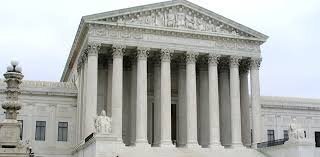
Similar Posts
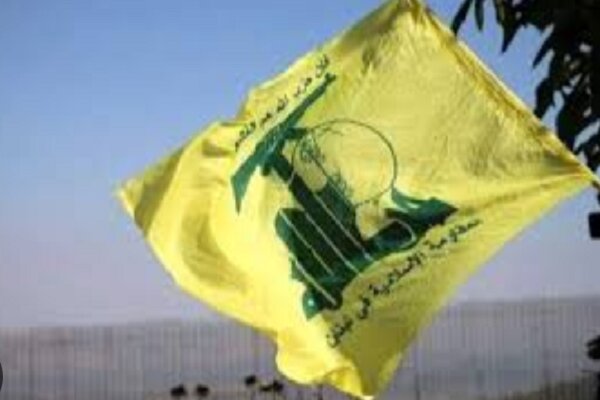
Hezbollah Condemns Al-Aqsa Mosque Desecration: A Call to Protect Sacred Sites
The conflict in the Middle East has intensified, particularly around the Al-Aqsa Mosque, a site of great significance for Muslims. Provocative actions by extremist groups, supported by occupying forces, have sparked outrage and calls for urgent action from various organizations. Hezbollah emphasizes the need for the Arab and Islamic communities to respond decisively to these violations, urging groups like the Organization of Islamic Cooperation and the Arab League to raise their voices against the desecration of Al-Aqsa. The situation poses risks not only to Palestinians but to global peace, necessitating immediate international attention and support for affected communities.
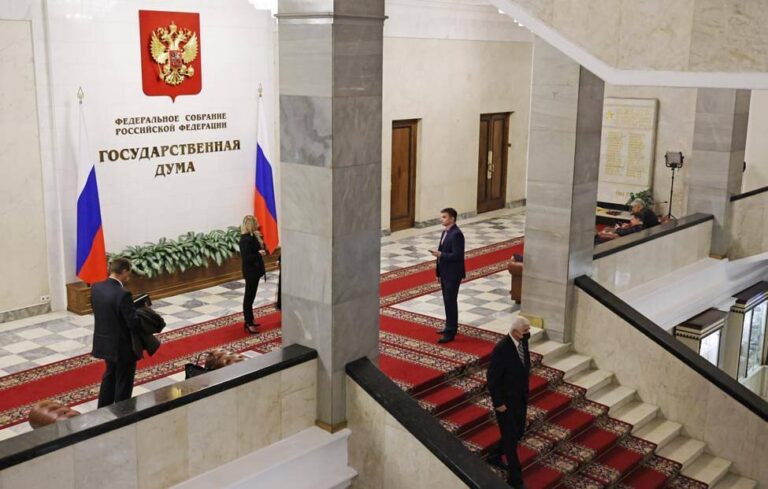
Russia’s State Duma Approves Historic Treaty to Strengthen Strategic Partnership
Russian President Vladimir Putin has submitted a pivotal treaty to the State Duma, solidifying the growing partnership with Iran. Signed during Iranian President Masoud Pezeshkian’s visit to Moscow, the treaty establishes a comprehensive legal framework for collaboration across multiple sectors, including defense, counter-terrorism, energy, finance, and culture. State Duma Chairman Vyacheslav Volodin emphasized its role in strengthening bilateral ties and interparliamentary relations. This treaty not only formalizes existing connections but also signals a shift in regional power dynamics, with potential implications for international politics as both nations seek to assert their influence and cooperation amidst changing geopolitical landscapes.
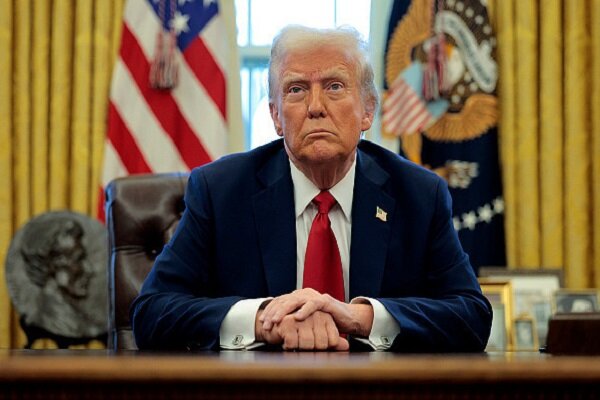
Trump Declares Productive Meetings on Iran: Key Insights and Future Strategies
Former President Donald Trump recently commented on nuclear negotiations with Iran, describing the discussions as “very good” and productive. He emphasized the importance of patience as talks continue, highlighting their potential impact on global relations, especially in the Middle East. These negotiations aim to address Iran’s nuclear program, which has been contentious since the 1979 Iranian Revolution. The outcomes could reshape international dynamics, with both the U.S. and Iran facing domestic pressures that may influence their positions. As the situation evolves, analysts stress the need for careful diplomacy to ensure peace and stability in the region.
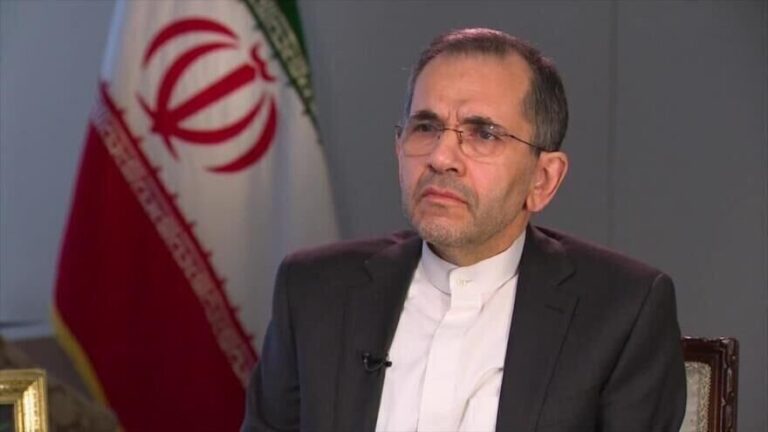
Deputy FM Urges Lifting of US and EU Sanctions on Iran for Economic Recovery
During a conference at the University of Tehran, Iranian Deputy Foreign Minister Majid Takht Ravanchi emphasized the historical ties and cultural cooperation between Iran and Austria. He highlighted the significance of cultural collaboration as a bridge between the two nations and noted the role of educated Iranians in Austria in strengthening mutual understanding. Takht Ravanchi expressed concern over the impact of U.S. and EU sanctions on Iran, advocating for their removal to enhance bilateral cooperation. He underscored the potential for cultural diplomacy to overcome political barriers, fostering a collaborative future built on mutual respect and understanding.
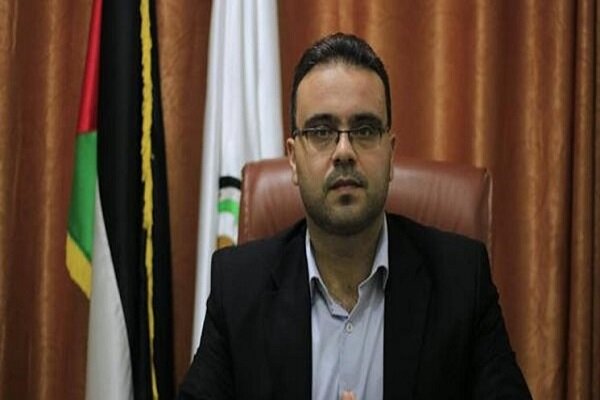
Israel Postpones Gaza Ceasefire and Prison Swap: What This Means for Peace Efforts
The ongoing Hamas-Israel conflict remains a focal point for international concern, particularly regarding the ceasefire and prisoner exchanges. Hamas spokesman Hazem Qassem criticized Israel for delaying the ceasefire implementation, impacting displaced Palestinians’ return. He confirmed communications about the status of Israeli captive Arbel Yehud, expressing optimism for her release. Qassem also condemned Israeli Prime Minister Netanyahu’s claims of military success since the conflict escalated on October 7, 2023. The recent ceasefire facilitated the release of three Israelis and 90 Palestinians, highlighting the delicate balance of the situation and the urgent need for sustained dialogue to achieve lasting peace.
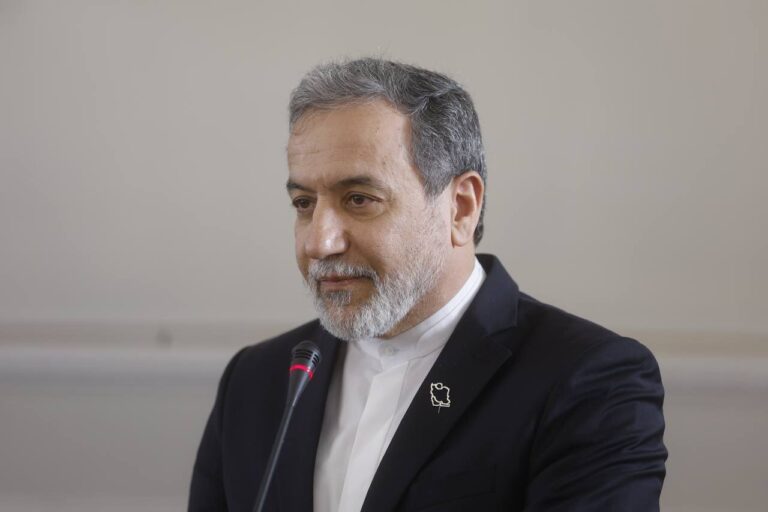
Reinstating Maximum Pressure: A New Chapter in US Foreign Policy Failures
Iranian officials have reiterated their stance on the nuclear program amid ongoing tensions with the U.S. Foreign Minister Abbas Araghchi criticized the U.S.’s “maximum pressure” policy, declaring it a failure and expressing Iran’s openness to dialogue on nuclear weapons under specific conditions. Supreme Leader Ayatollah Khamenei’s fatwa prohibits the development of nuclear arms, emphasizing Iran’s commitment to peaceful nuclear energy for energy production and research. The evolving diplomatic landscape, with interest from the EU to mediate, aims for a resolution that respects Iran’s sovereignty while addressing global nuclear proliferation concerns.